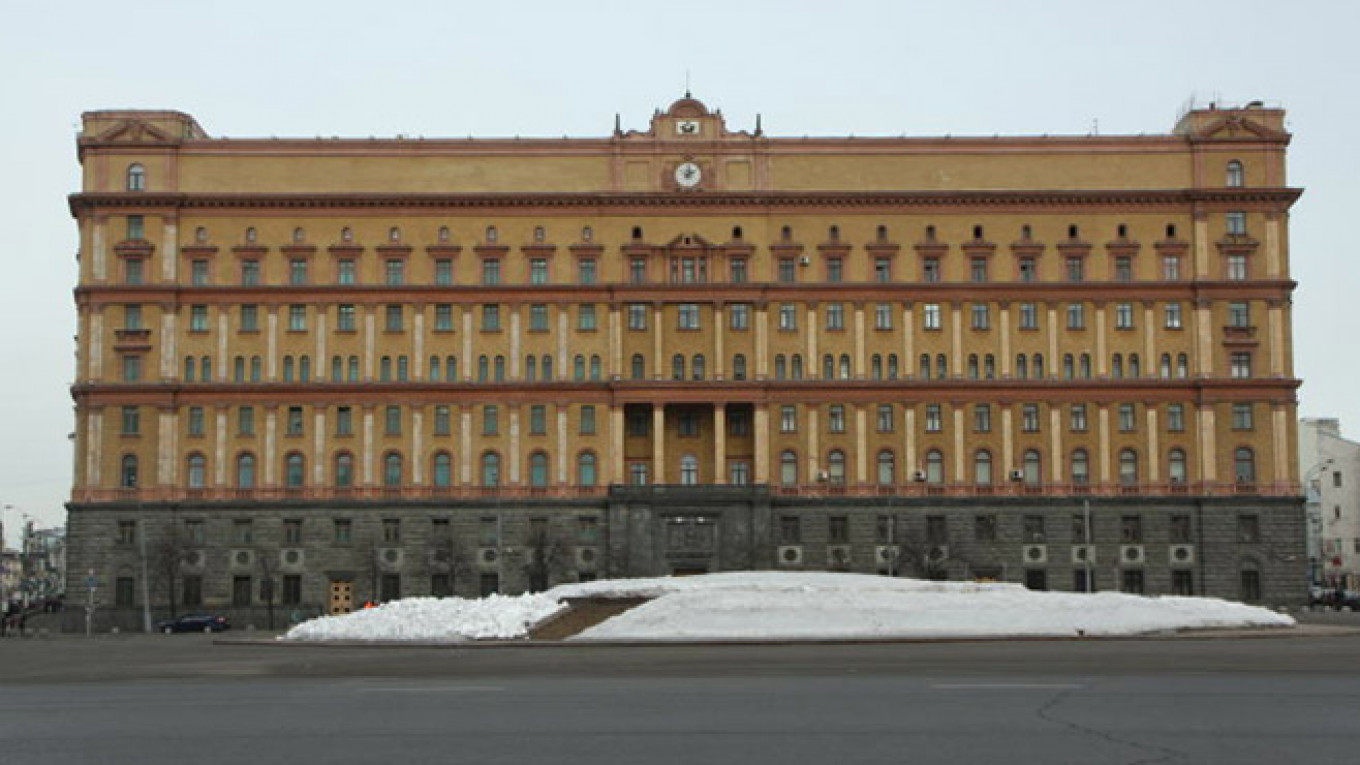Some economic policy questions can be resolved at the ministry level. Others require the efforts of several agencies and, accordingly, are solved at the level of the prime minister. However, there are also economic problems that not even the combined efforts of the Russian prime minister, president and parliament can resolve.
For example, Russia spends far too much money on the military and various security structures, but the siloviki have so much influence in economic policy that the political system, as it is now stands, is powerless to change the situation.
I am in no way blaming the military brass or intelligence officials for the problem.
It is only natural that each department places its own needs as a top priority, deserving more state funding than others. The problem is that Russia's political system permits the siloviki to set not only their own budgets, but the financial parameters for other government agencies as well.
It is no coincidence that in most economically developed countries the finance minister is a more important and influential figure than the defense minister, not to mention the heads of security agencies.
The siloviki play a disproportionately large role in governing Russia and forming policy, either indirectly — when former FSB agents and the like hold senior positions, right up to the presidency itself — or directly, through, for example, decisions made by Russia's Security Council.
To get a sense of the imbalance, imagine if a group of former health care workers set the country's economic policy according to their own set of priorities. The result would be absurd, to say the least.
This would all be just abstract theory were it not for the sad example of Russia's own recent history.
In the 1980s, the Soviet Union spent almost one-fourth of its gross domestic product on defense-related expenses, and also devoted enormous financial and human resources to "internal security."
Even at the time, it was well understood that the economy could not continue in such a way.Defense expenditures for the production of pointless weapons and equipment that added nothing to people's well-being only diverted needed resources away from truly productive industries.
Soviet economists understood the problem that was crippling the economy, and politicians at least claimed to, but the military, defense industry and intelligence agency representatives in senior government positions held so much influence that they stymied any significant spending cuts or changes in how and where the money was being spent.
As a result, military spending finally decreased only when the country slid into the economic disaster that led to the collapse of the Soviet Union.
This does not mean that modern Russia will necessarily suffer the same fate, but it does prove that, even in the absence of an external threat, a country that spends too much on defense and security at the expense of other sectors can end in collapse.
Konstantin Sonin, a columnist for Vedomosti, is professor of economics at the Higher School of Economics in Moscow.
A Message from The Moscow Times:
Dear readers,
We are facing unprecedented challenges. Russia's Prosecutor General's Office has designated The Moscow Times as an "undesirable" organization, criminalizing our work and putting our staff at risk of prosecution. This follows our earlier unjust labeling as a "foreign agent."
These actions are direct attempts to silence independent journalism in Russia. The authorities claim our work "discredits the decisions of the Russian leadership." We see things differently: we strive to provide accurate, unbiased reporting on Russia.
We, the journalists of The Moscow Times, refuse to be silenced. But to continue our work, we need your help.
Your support, no matter how small, makes a world of difference. If you can, please support us monthly starting from just $2. It's quick to set up, and every contribution makes a significant impact.
By supporting The Moscow Times, you're defending open, independent journalism in the face of repression. Thank you for standing with us.
Remind me later.






